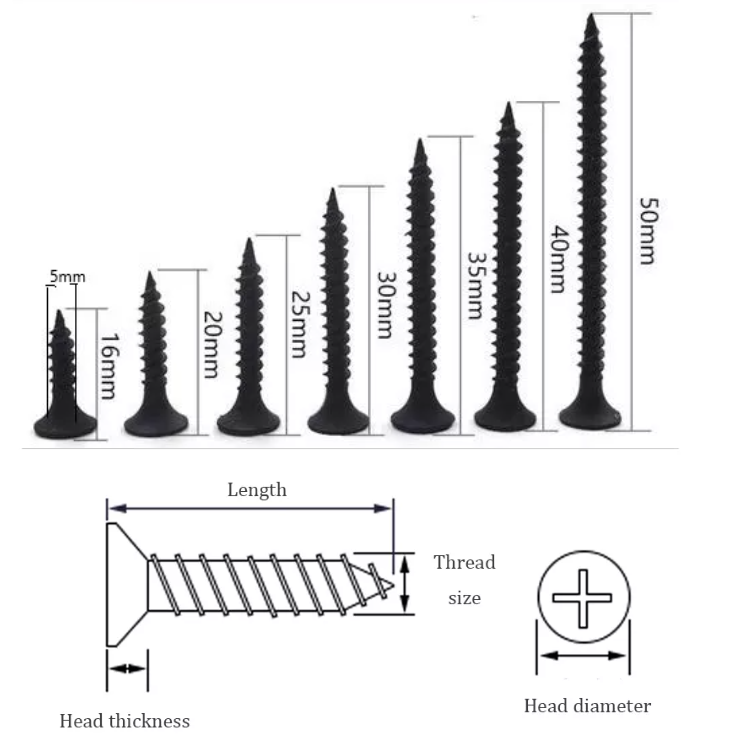Drywall Screws are a heat-treated process suitable for power tool installation and are mainly used for joining and fastening between wood panels and between wood panels and thin steel sheets.
Wall nail is a class of nails, its name is directly translated from the English Drywall Screw, the most important feature in the appearance of the flared head shape, divided into a double line of fine teeth drywall screws and single line of coarse teeth drywall screws, the biggest difference between the two is that the former thread is double thread.
Sheetrock Screws,Collated Screws,Drywall Screw Bit,Screwing Into Drywall
Kunshan Zhonggu Precision Hardware Co., Ltd. , https://www.zgfastener.com